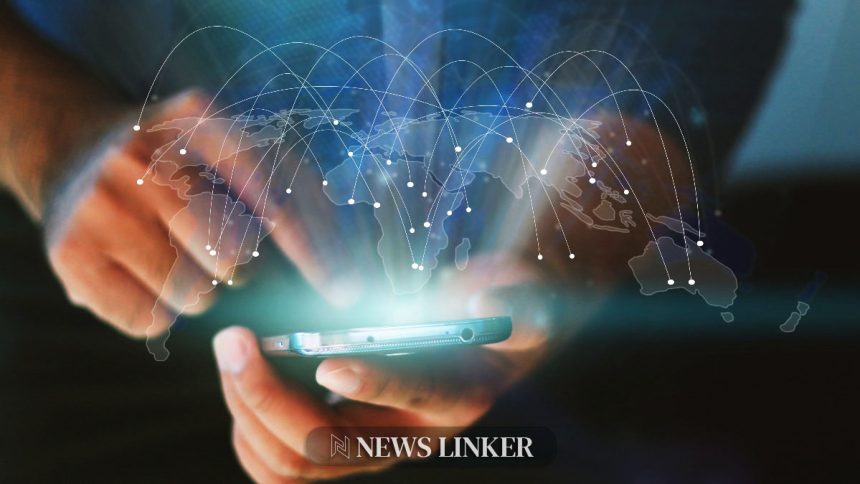YouTube has taken down the channel of Tenet Media, a company implicated in spreading Russian disinformation, following an indictment by the U.S. Department of Justice. The decision underscores the ongoing struggle to combat misinformation on digital platforms. In the past, similar actions have been taken against entities accused of disseminating misleading information on social media.
Authorities have previously flagged various online accounts for engaging in coordinated disinformation campaigns. Unlike prior crackdowns, this recent move involves a formal indictment, highlighting the escalating legal dimensions of such actions. Past measures have often involved temporary bans or demonetization but rarely led to channel deletions following legal proceedings.
Legal Justifications
The U.S. Department of Justice accused Tenet Media of operating under the direction of Russian intelligence to influence public opinion in the United States. According to the indictment, Tenet Media disseminated fabricated and misleading content designed to manipulate audiences. The platform’s policies support such a move as per YouTube’s commitment to combating disinformation.
Corporate Statements
YouTube confirmed the removal, stating the action was part of its ongoing efforts to ensure the platform remains a trustworthy information source.
“This move is aligned with our policy against coordinated inauthentic behavior,” said a YouTube spokesperson.
The company reiterated its dedication to removing content that violates its community guidelines.
Tenet Media’s indictment and subsequent channel removal mark a significant development in the battle against digital misinformation. Unlike previous actions mainly involving temporary measures, this event could set a precedent for future legal and corporate responses to disinformation. Additionally, the involvement of federal authorities adds gravity to the situation, potentially influencing how other platforms handle similar cases.
The broader implications of this case extend beyond YouTube. It raises questions about the role and responsibility of digital platforms in curating content. Moreover, the legal angle introduces a new layer of accountability, suggesting that platforms may face increased pressure to act decisively against misinformation and disinformation.










